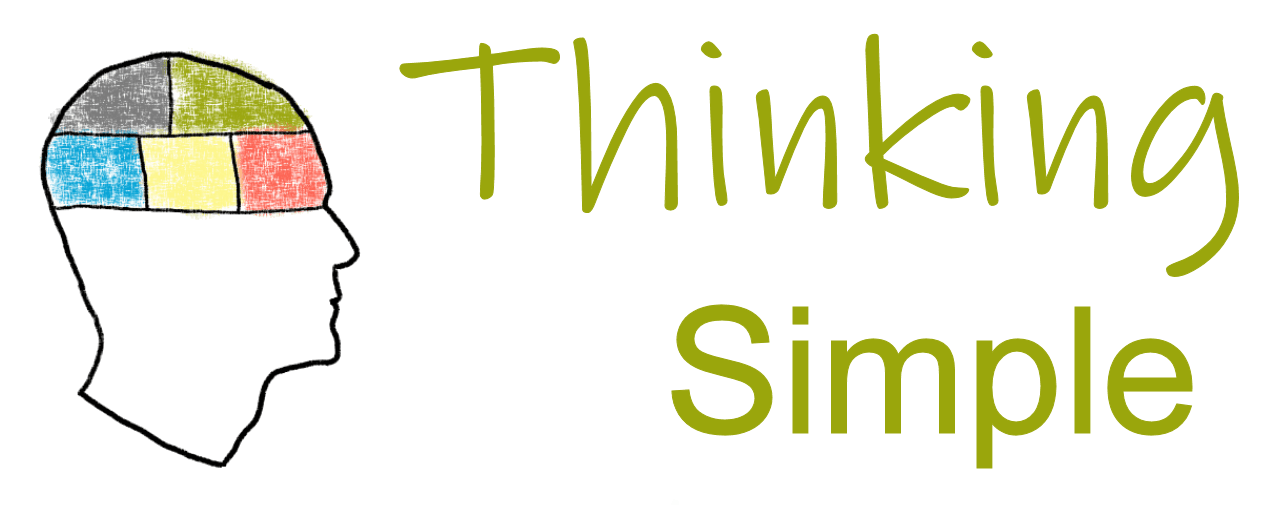"Come on, it's time to go."
"Can I just bring teddy with me?"
"No, come on, we don't have time to go upstairs and get teddy."
"But I want teddy!"
"Ok, ok, just run up quickly and get her."
"Can I bring dolly too?"
"NO! I've just agreed to teddy, now that's enough."
"Oh pleeeaase... I want dolly too."
And so it goes on. Where exactly it ends depends on the individuals involved and their history of negotiation. It rarely ends well and it never comes without a cost.
The irony of negotiation, unlike all the other types of controlling intervention, is that it's actually something to be encouraged. It's a powerful way of showing respect and giving back an element of control.
The difference between appropriate and inappropriate negotiation is on how it is initiated and how it ends.
"Come on, it's time to go. Would you like to bring one of your toys with you?"
"Can I bring teddy?"
"Yes, just run up and get her quickly."
"Can I bring dolly too? No, one is enough."
"Oh, ok."



